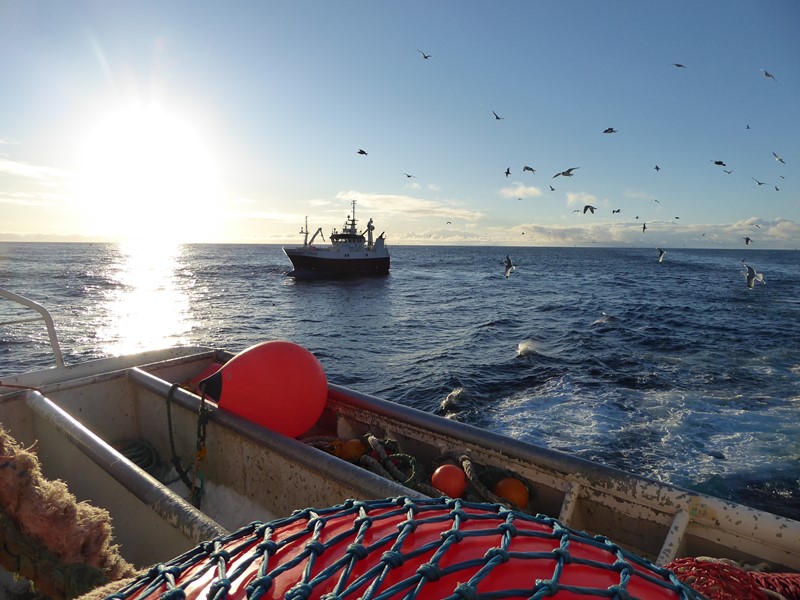Norwegian Fishermen’s Association
The Norwegian Fishermen's Association is a politically independent trade and industry organization for Norwegian commercial fishermen. We want the fishing industry to be a forward-thinking, sustainable, and viable industry.
Fishermen depend on relatively large areas of the sea to practice their profession. However, there is a great deal of overlap between areas used in fisheries and other industries, such as the petroleum industry, offshore wind, and offshore aquaculture. In other words, the marine environment is under pressure from several anthropogenic activities. These pressures, along with the effects of climate change, play a significant role in the functioning of marine ecosystems.
The Norwegian Fishermen's Association is concerned with using the best available knowledge about the state of ecosystems, and sees a particular need for more knowledge about the cumulative impacts of anthropogenic activities and how the use of marine space affects these ecosystems. Filling these knowledge-needs is one of the project’s main objectives, and we look forward to receiving updated information that can form the basis for a better understanding of where different activities should be carried out. Such knowledge will be important for achieving objectives for safeguarding biodiversity, and can be used to prepare better and more up-to-date frameworks for assessing the overall impacts of marine industries. Using this knowledge, we can ensure that ecosystems are safeguarded and that fishermen can continue to harvest from sustainable resources in the future.
